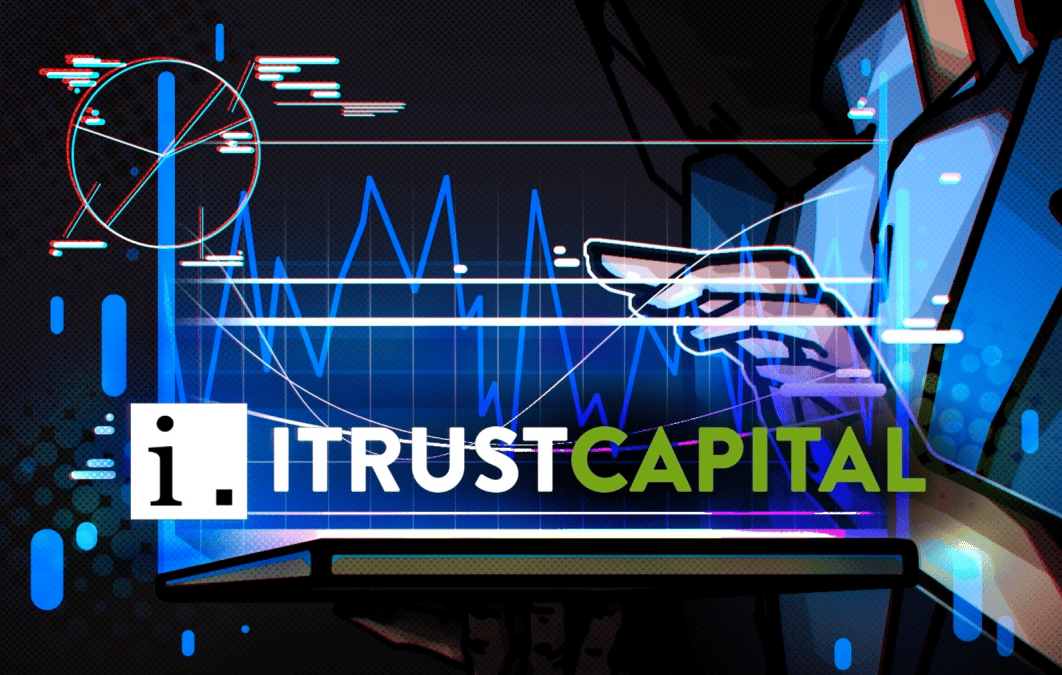How Decentraland leaders giving money to Genesis completed a flow of capital

Quick Take
- DCG invested in Decentraland while it appears its leaders lent money to DCG subsidiary Genesis Global which filed for bankruptcy protection this week.
- Decentraland founders and one key executive appear to be owed tens of millions of dollars by Genesis.
We'd love your feedback.
Seemingly incestuous business relationships across the cryptosphere appear to have become so commonplace, the market may be numb to it.
In the case of Decentraland, its relationship with key investor Digital Currency Group grew more complicated this week after revelations that Decentraland leaders seemingly lent tens of millions of dollars to the cryptocurrency lender Genesis Global, which is owned by DCG.
DCG, which is run by CEO Barry Silbert and owns Genesis, not only invested in Decentraland, it also became one of Decentraland’s biggest owners of virtual land. Additionally Grayscale, which is also owned by DCG, simultaneously raised capital for an investment vehicle known as Decentraland Trust, which allowed investors to passively invest in the metaverse platform’s native digital currency, MANA.
The bottom line: A significant amount of capital that started flowing when DCG invested into Decentraland appears to have more or less come full circle.
While none of this necessarily amounts to malfeasance, and might boil down to a simple case of entrepreneurs seeking a robust return on their money, Genesis’s bankruptcy documents making it public that Decentraland’s founders had lent it money to DCG's lending firm comes at a time when the crypto world has been, by an almost non-stop barrage of news, roiled by tales of corruption and mingling interests.
Genesis bankruptcy unearths the Decentraland connection
Genesis Global filed for Chapter 11 bankruptcy protection on Thursday and in doing so released a list of the 50 largest non-insiders with unsecured claims against it. Among the 50 entities listed were companies connected to Decentraland co-founders Esteban Ordano and Ari Meilich, as well as CFO Santiago Esponda.
Esponda’s name emerged because his Decentraland email address was listed in court filings as the contact for Heliva International, a Panama-based company owed $55 million by Genesis. Ordano, who now acts as a Decentraland adviser, is listed in the Genesis bankruptcy filing as the contact for an entity called Winah Securities, which is owed about $27 million by Genesis.
Winah and Heliva are located on the same floor of the same building in Panama.
Lastly, Genesis owes $20 million to Big Time Studios, a gaming company run by second Decentraland Co-Founder Meilich. While Meilich started Big Time in 2020, he also remains a Decentraland adviser.
Ordano told The Block that Winah has no relationship with Decentraland. Meilich declined to comment. Esponda did not immediately respond to requests for comment pertaining to this story.
The DCG-Decentraland connection further explained
At the end of 2021, with New Year’s Eve celebrations looming, DCG announced a plan to create “One Time Square” in Decentraland. DCG said it planned to hold a metaverse party at the newly-created space located in the virtual world “featuring music and entertainment acts, rooftop VIP lounges, CryptoArt galleries, and immersive games.” In the same statement, DCG also claimed it was “one of the largest owners of digital real estate” inside Decentraland.
Manu Araoz first created Decentraland in 2017. Afterwhich, Araoz and co-founders Ordano and Meilich, helped found the virtual world’s first settlement, which they christened Genesis City.
Along with The Sandbox, Decentraland has been considered one of the higher-profile platforms in the burgeoning metaverse. JPMorgan even rode the wave of hype, opening a lounge in Decentraland last year.
Despite reports of lackluster use and a prolonged crypto winter that has seen digital-asset prices crater, as of late last year, Decentraland was valued at more than $1 billion.
Grayscale’s interests in Decentraland
Silbert has been publicly promoting Decentraland online since 2018. In May 2020, Silbert and Genesis CEO Michael Moro conducted a filmed tour of the virtual world, which was published by CoinDesk.
Then in February 2021, DCG subsidiary Grayscale launched what it called its Decentraland Trust. The aim was for the trust to “solely and passively invested in MANA,” Decentraland’s native token, Grayscale said.
In doing so, Grayscale said it would allow investors “to gain exposure to MANA … in the form of a security while avoiding the challenges of buying, storing, and safekeeping MANA directly.”
Purchasing MANA is how investors are then able to buy property in Decentraland.
MANA is an “ERC-20 token that serves as the native digital currency in Decentraland and serves as the unit of account for users to pay for goods and services and LAND,” Grayscale proclaimed in a 14-page investor presentation dated March 2021.
The presentation also included some artwork including a screenshot displaying half a dozen colorful avatars standing around inside a virtual world with the caption: “Here’s a picture of the DCG team listening to music in Decentraland.”
Along with nearly all digital assets, MANA’s price has been battered since it surpassed $5.00 in November of 2021, according to CoinGecko. But the token’s price has rebounded lately, more than doubling since the beginning of this month after trading above $0.70.
© 2026 The Block. All Rights Reserved. This article is provided for informational purposes only. It is not offered or intended to be used as legal, tax, investment, financial, or other advice.

